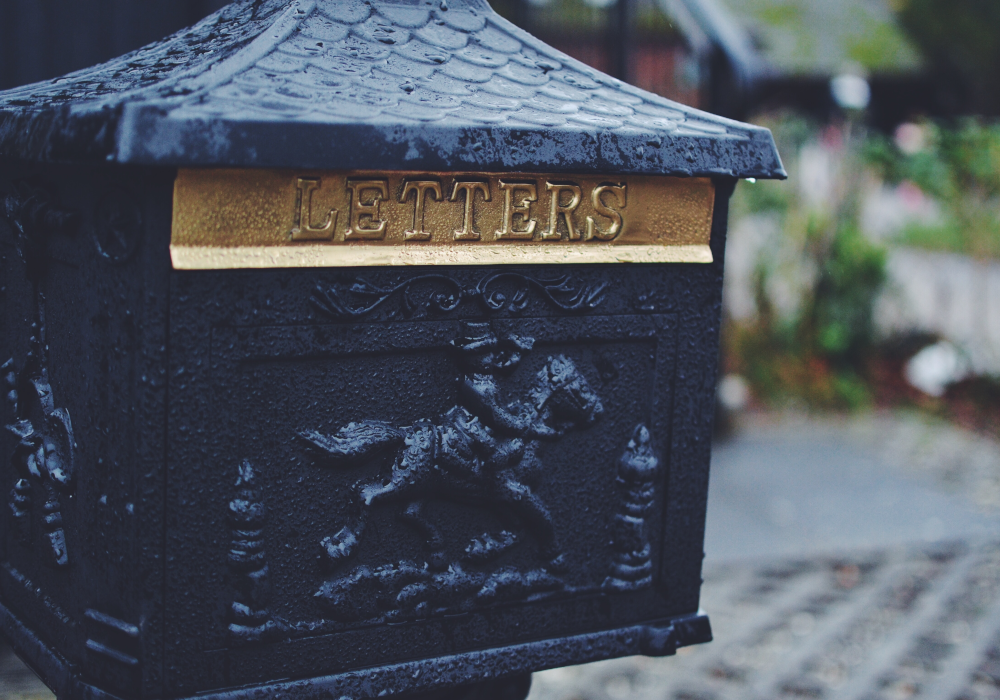In our previous blog (please start there), we were typing in all the site IDs, WLAN IDs, API authentication tokens & Mist API HTTPS URL manually. It’s no fun, right?
Since we’re likely to interact with Mist API using one Mist account, we’ll probably use one API key globally.
Additionally, we’ll probably interact with specific organisations, sites or attributes (like WLANs) that are more ‘local’. It might be separate clients in a managed service environment or separate sites under one org. Whatever it is, it makes sense to think of it as a specific, local environment, something that is not global.
Surprise! We can define our variables on both “Environment” and “Global” level in Postman.
API token will be set as a “Global” variable, and all the rest attributes we used so far will be defined inside an “Environment” called “Mist WiFi Ninjas”.
Mission:
- Use Global and Environment Variables to make our lives easier
Environment Variables
First, note that we are not using any environments right now.
Our request still has long, manually pasted streams representing site, WLAN and Mist API URL.
Let’s create our new Environment and name it “Mist WiFi Ninjas”
Define our variables on the Environment level
Global Variables
Go to Globals
Define your global token.
Remember to include “Token ” prefix before pasting actual token value.

Replace our manual values with variables
Enjoy Postman environment that is easier on the eyes! Easy peasy lemon squeezy!
With love,
WiFi Ninjas x
